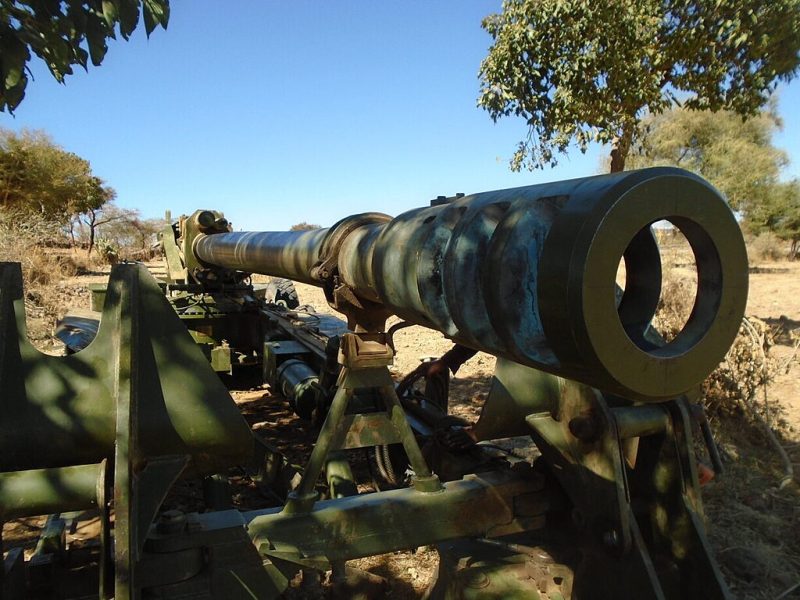An investigation the United Nations conducted regarding human rights abuses in Ethiopia has officially ended, despite expert reports of continuing abuses. The International Commission of Human Rights Experts on Ethiopia investigation (I.C.H.R.E.E.) was launched in late 2021, one year into Ethiopia’s civil Tigray War, and continued past the war’s end in November 2022. Now, the I.C.H.R.E.E. has been terminated following a missed renewal deadline in the first week of October.
Experts and global leaders have widely criticized the termination, including the investigation’s chair, Mohamed Chande Othman. “Our report shows that the overwhelming majority of risk factors for future atrocity crimes are present in Ethiopia,” Othman stated, “including ongoing serious violations, widespread violence and instability, and deeply entrenched impunity.”
The E.U. also acknowledged that the process of strengthening the relationship between Ethiopia and the Union would require more progress, but nonetheless has announced a grant of €650m (almost $100m C.A.D.) worth of aid in order to promote Ethiopian economic development following the war. The bloc had planned to begin distributing the aid in 2021, ending in 2027, but suspended these intentions in late 2020 following the outbreak of the Tigray War, stating that the E.U. would not support Ethiopia until the war atrocities end and accountability is recognized.
The E.U.’s commissioner for international partnerships described the aid release as a “concrete first step” towards rebuilding relations, but given experts’ sentiments regarding how effectively the I.C.H.R.E.E. has achieved its mission, this seems more like a win for Ethiopia. The government actively hindered the investigation’s process throughout the I.C.H.R.E.E.’s tenure and has dismissed the commission on the grounds of being politically biased, despite having begun as a joint investigation between the U.N. and Ethiopia’s own independent human rights body – which may have something to do with the committee finding that forces on both sides of the civil war were committing abuses. According to The Guardian, accusations against the government included using starvation as a war tactic.
The Tigray War has become what The Guardian calls one of the deadliest and most devastating wars of recent times, resulting in hundreds of thousands of deaths and widely condemned for horrific amounts of mass rape, massacres, and torture. The communications blackouts rippling across Tigray during the conflict only increased the region’s instability, encouraging further atrocities. Updates and news in the region often took months to reach the rest of the world.
The African Union ended its own investigation in May. Now, the U.N.’s has also concluded. But accusations of human rights abuses in the region have spread, in Ethiopia and beyond its borders. Troops from neighbouring Eritrea, for example, have committed mass rape and other forms of sexual violence in Tigray.
The human rights abuses committed during the outbreak of the Tigray War cannot and should not be ignored. Without accountability, militaries and civil leaders can continue to violate basic human rights, often in horrifying ways. While the international support and now-terminated United Nations investigation was a good first step, the world cannot be said to strive for accountability and justice while a majority of international communities and organizations are turning blind eyes to the continuing atrocities. Agreeing to disperse aid to Ethiopia despite the ongoing perpetuation of the same war atrocities which initially prevented its delivery enables what critics are calling a “deeply flawed” post-war transitional justice process. Rather than enabling the Ethiopian government’s abuse through economic aid, the priority internationally should be to stop these abuses as quickly and efficiently as possible.
- EU Reverses Announcement Previously Halting Aid To Palestinians - January 24, 2024
- United Nations Ends Tigray Investigation, Despite Continuing Abuse - January 17, 2024
- Numerous Planned Acts Of Terrorism Foiled In Iran - December 20, 2023


